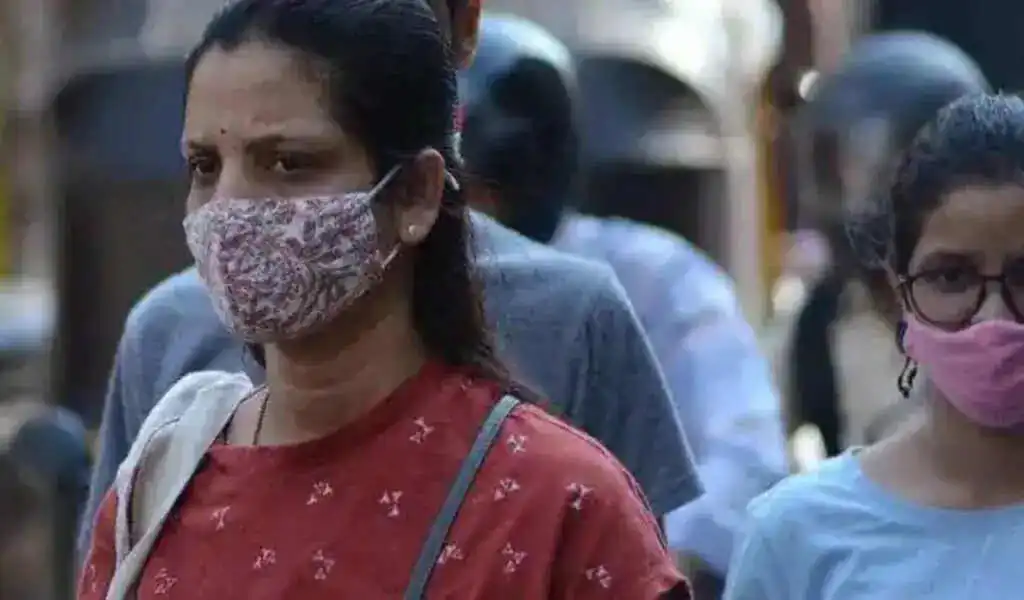Health
Community-Driven COVID-19 Vaccine Distribution Methods

(CTN News) – It is pertinent to note that the following is a brief summary of “Comparing community-driven COVID-19 vaccine distribution methods:
Faith-based organizations vs. outpatient clinics,” which was published in the October 2022 issue of Family Medicine and Primary Care by McElfish, et al.
In spite of the fact that few studies have looked at these obstacles as a possible explanation for the uneven uptake of vaccines, minorities and economically disadvantaged groups may face practical obstacles to immunization, such as limited access to healthcare and diminished trust in healthcare providers.
A focus was placed on understanding the differences between the populations who accessed each distribution method, as researchers collaborated with community partners in the implementation and evaluation of two community-driven approaches to COVID-19 vaccination distribution – through faith-based organizations (FBOs) and outpatient clinics.
The COVID-19 vaccination sites contacted the visitors during their 15-minute observation period post-vaccination and asked them to complete a survey, which was given to them during their 15-minute observation period.
It was determined whether there were any differences among distribution points by using Chi-square tests.
It is estimated that 927 participants were recruited at clinical sites during immunization sessions. In addition, 519 participants were recruited at FBOs during immunization sessions.
This yielded 1,476 valid responses to the survey. As a result of the distribution techniques used at the FBOs, a considerable racial/ethnic disparity existed, with Hispanic/Latino and Marshallese participants reaching a significantly higher percentage than other groups.
According to the FBO distribution technique, there was a higher percentage of participants without insurance and they had a lower level of health literacy and less education.
In the FBO, a greater proportion of participants were likely to say that they “absolutely” trusted the COVID-19 vaccine when compared with other participants.
Participants in the FBO and those participating in the clinic did not differ in their degree of vaccination hesitation when it came to the degree of vaccination hesitation.
A statistically significant change in access was not observed, as far as access is concerned.
It was found that a much larger percentage of Marshallese and Hispanic/Latino individuals used FBOs for immunization.
This suggests that working with FBOs might be able to increase COVID-19 immunization uptake among minority populations and help reduce immunization inequities.
SEE ALSO:
Bad Breath Test: 8 Tips To Combat It
Honduran Avian Flu Emergency Declared






























